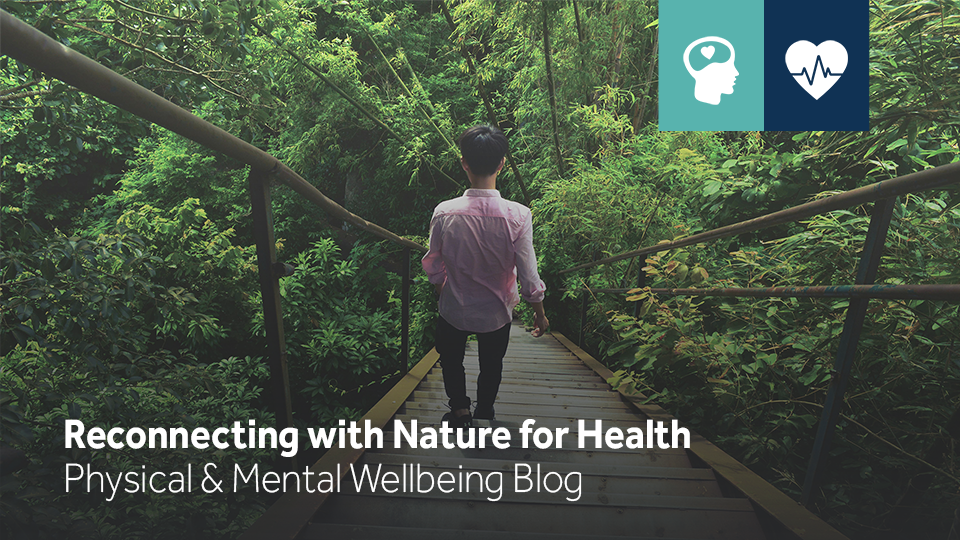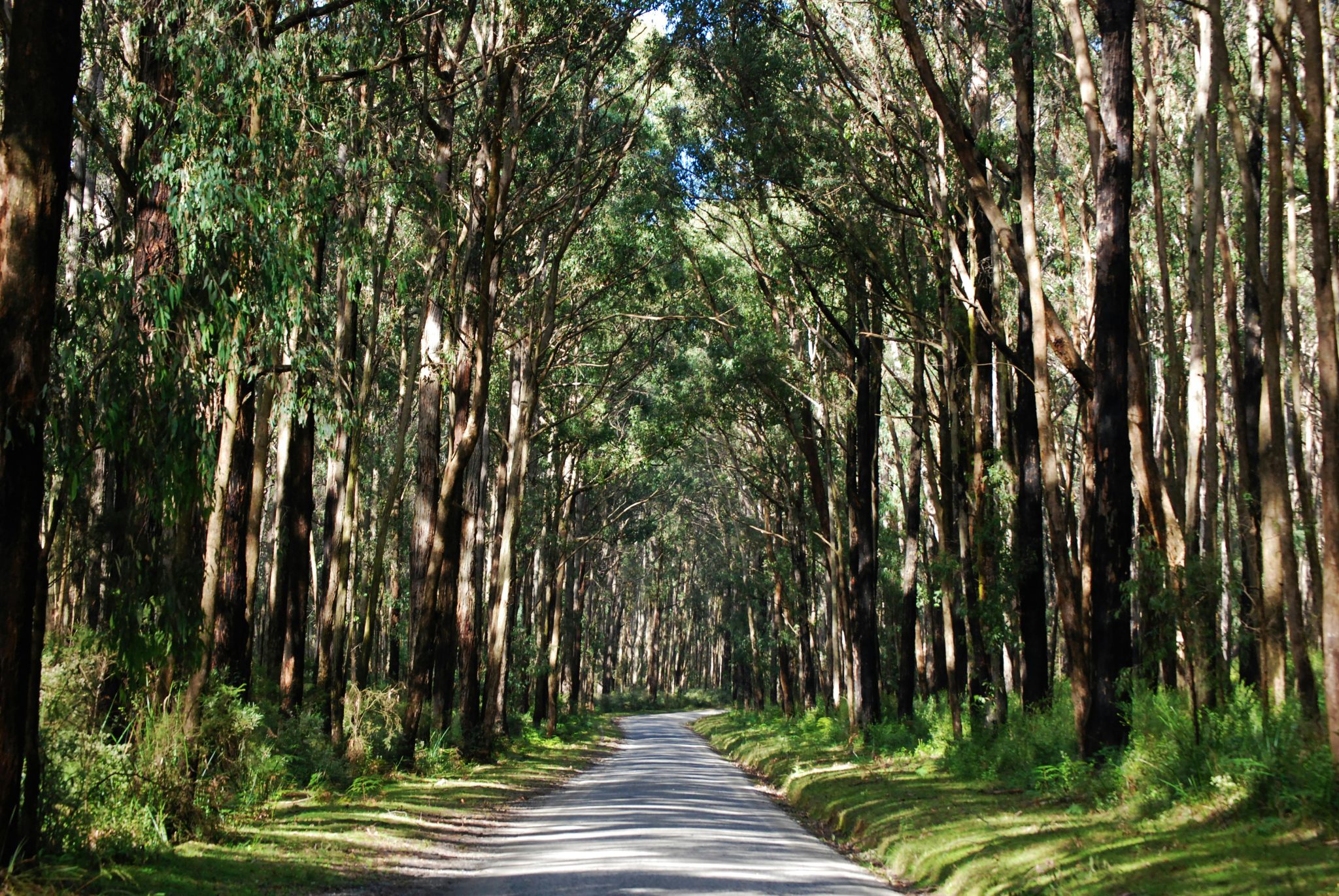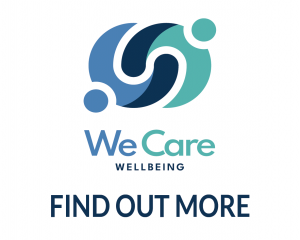Reconnecting with Nature for Health
In a world where many of us are always busy and stressed, nature offers us a way to relax and feel better.

In the bustling noise of modern life, it’s easy to feel disconnected from the natural world. Living and working in cities, we spend most of our days inside buildings and even when we are outside we are often surrounded by concrete and tethered to screens. In this environment, we often forget our innate connection to the earth. However, emerging scientific research is shedding light on a profound truth: reconnecting with nature can be the remedy to many of the illnesses we suffer from as a product of our fast-paced, technology-driven lifestyles.
In recent years, a growing body of evidence has highlighted the diverse benefits of immersing ourselves in nature. Beyond the simple pleasure it brings, spending time outdoors has been shown to have a real impact on our physical, mental, and emotional well-being. From reducing stress and anxiety to boosting immune function and promoting physical fitness, the healing power of nature is both profound and multifaceted.
One of the most compelling areas of research revolves around the link between nature connection and our mental health. Numerous studies have demonstrated that spending time in natural environments can alleviate symptoms of depression and anxiety, improve mood, and enhance overall psychological wellbeing. In fact, a study published in the Proceedings of the National Academy of Sciences found that individuals who spent just 90 minutes in a natural setting experienced a significant reduction in neural activity associated with rumination, a key risk factor for mental illness (Bratman et al., 2015).
However, the benefits of nature’s connection extend far beyond mental health. Regular doses of greenery also benefit our physical well-being. Time spent outdoors has been linked to lower blood pressure, reduced inflammation, and improved cardiovascular health (Hartig et al., 2014).
Nature-based interventions hold promise in addressing these pressing health concerns. Whether through outdoor exercise, gardening, or simply taking leisurely strolls in the park, incorporating nature into our daily routines can help mitigate the risk factors associated with these chronic conditions (Coventry et al., 2021).
Moreover, the therapeutic benefits of nature are not limited to physical health alone. Studies have shown that exposure to natural environments can enhance cognitive function, improve attention and concentration (Pasanen et al., 2018) provides a much-needed reprieve, allowing us to recharge and rejuvenate our weary minds.
As we grapple with the issues of modern society, it’s clear that reconnecting with nature offers a path forward—a way to heal both ourselves and the planet we call home. By cultivating a deeper appreciation for the natural world and integrating it into our daily lives, we stand to receive amazing rewards for our health and well-being. From reducing stress and anxiety to promoting physical fitness and cognitive energy, the benefits of nature connection are boundless.
In a world where we’re always busy and stressed, nature offers us a way to relax and feel better. So, next time you’re feeling stressed or tired, why not take a break outside? Whether it’s a walk in the park, a trip to the beach, or just sitting in the sun, nature is waiting to help us feel happier, healthier, and more alive.
Find out more information by visiting https://www.naturefix.life/ and learning more about the restorative powers of nature and engaging with some guided nature activities here in Australia.
Take a moment to immerse yourself now by doing a quick nature meditation with this video.
References
Bratman, G. N., J. Paul Hamilton, Kevin S. Hahn, Gretchen C. Daily, & James J. Gross. (2015). Nature experience reduces rumination and subgenual prefrontal cortex activation. Proceedings of the National Academy of Sciences – PNAS, 112(28), 8567–8572. https://doi.org/10.1073/pnas.1510459112
Burns, A. C., Saxena, R., Vetter, C., Phillips, A. J. K., Lane, J. M., & Cain, S. W. (2021). Time spent in outdoor light is associated with mood, sleep, and circadian rhythm-related outcomes: A cross-sectional and longitudinal study in over 400,000 UK Biobank participants. Journal of Affective Disorders, 295, 347–352. https://doi.org/10.1016/j.jad.2021.08.056
Coventry, P. A., Brown, J. E., Pervin, J., Brabyn, S., Pateman, R., Breedvelt, J., Gilbody, S., Stancliffe, R., McEachan, R., & White, P. L. (2021). Nature-based outdoor activities for mental and physical health: Systematic review and meta-analysis. SSM – Population Health, 16, 100934–100934. https://doi.org/10.1016/j.ssmph.2021.100934
Hartig, T., Mitchell, R., De Vries, S., & Frumkin, H. (2014). Nature and health. Annual Review of Public Health, 35(1), 207–228. https://doi.org/10.1146/annurev-publhealth-032013-182443




